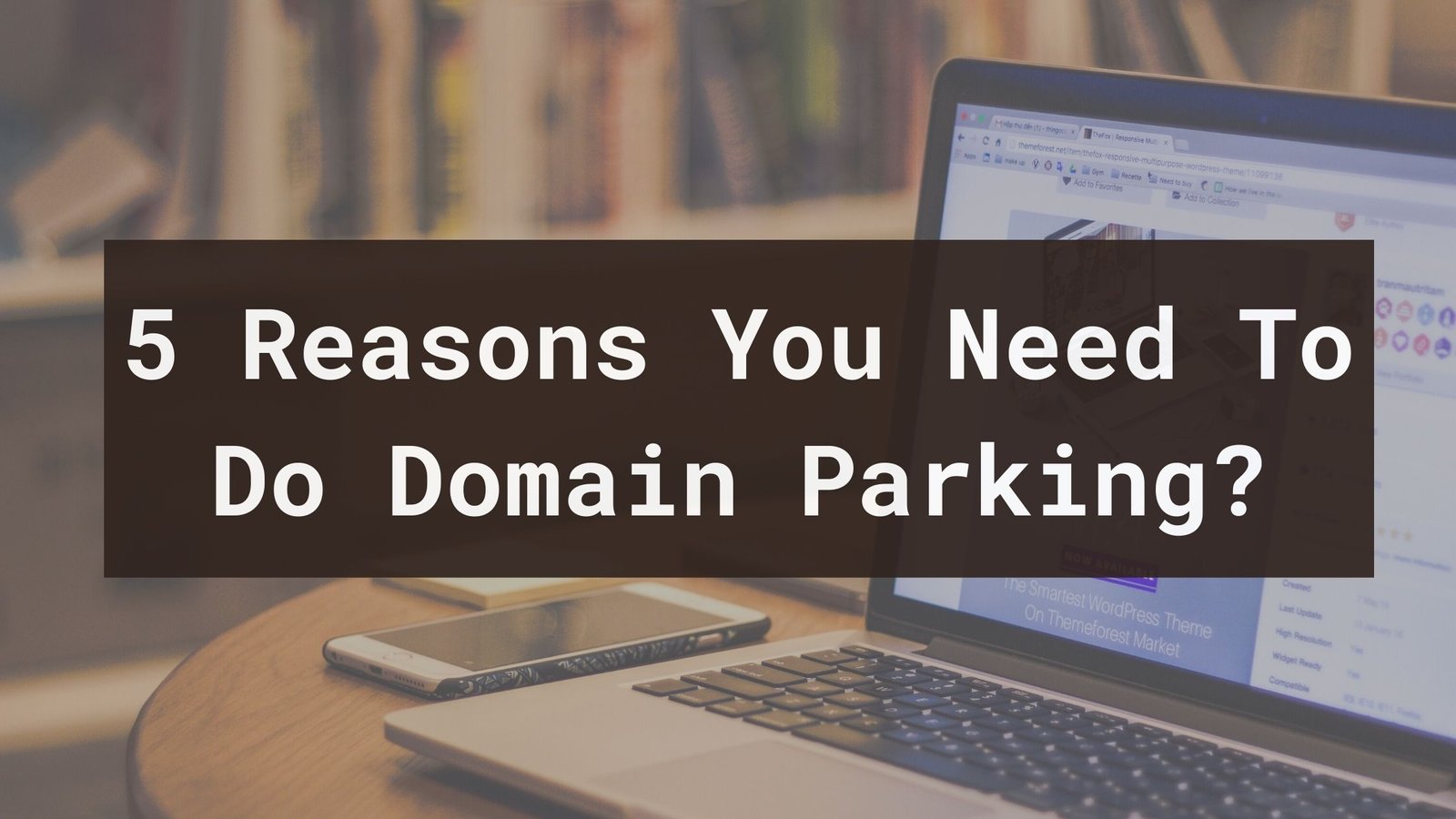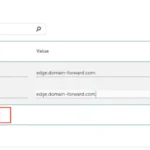What is Domain Parking and When Should You Use It
Domain parking is a practice where a domain name is registered but not actively used for a website. Instead of pointing the domain to a live site, it is often left inactive or set to display a temporary page with advertisements or other placeholder content. This allows the domain owner to retain ownership and prevent someone else from buying the domain while they plan future use.
So, when should you consider parking your domain? Let’s dive into the details of domain parking, its benefits, and the best scenarios when it’s a smart choice.
What is Domain Parking?
Domain parking refers to the process of registering a domain name and not immediately putting it to use by launching a website. Instead, the domain is typically redirected to a generic placeholder page, which might display ads or show an under-construction message.
Parking is often managed through a domain registrar or web hosting provider, which hosts the parked page. Some domain parking services include pay-per-click (PPC) advertising, allowing domain owners to earn a small income when visitors click on ads shown on the parked page.
For example, if you’ve purchased the domain “bestcoffeebrewers.com,” parking it could show ads related to coffee equipment or other coffee-related products. This can generate revenue while you wait to build a website.
When Should You Use Domain Parking?
Here are some key scenarios where parking your domain could make sense:
1. When You’re Not Ready to Launch a Website
If you’ve bought a domain but are not yet ready to develop a website, parking it can be an excellent way to secure the domain. Domain names, especially short, catchy, or keyword-rich domains, are often in high demand. Parking your domain ensures that no one else can register it while you work on your plans.
For example, you might have an idea for a business but are still gathering resources or waiting for the right time to launch. Domain parking allows you to protect your investment until you’re ready to take the next step.
2. When You Want to Protect Your Brand or Business Name
Brand protection is another common reason to park a domain. If you own a business, you may want to secure domain names related to your brand or business name, even if you don’t need them right away. This prevents competitors or squatters from acquiring domains that are similar to yours, potentially confusing customers or harming your reputation.

For example, if you own “ABC Widgets,” you might park the domains “abcwidgets.net” and “abcwidgets.org” to ensure no one else uses them and that they remain in your control.
3. If You’re Speculating or Flipping Domains
Domain parking is a popular tactic for individuals or businesses that speculate on domain names with the goal of reselling them for a profit. Domain investors often buy high-value domain names with the expectation that they can sell them for a higher price in the future.
While the domain sits idle, parking it can help generate small income from the ads displayed on the parked page. When the time is right, the domain can be sold to someone else at a higher value, generating profit.
4. When You Have Multiple Domain Names
If you own several domain names, parking them can be a good way to protect your portfolio without developing a website for each one. Whether it’s due to a future project, business expansion, or as a precautionary measure, parking can help you maintain control over your collection of domains.
For example, you might buy domains that represent your business in different markets, and parking them ensures that no one else takes them before you’re ready to use them.
Benefits of Domain Parking
While it may seem like an inactive choice, domain parking has several advantages:
1. Passive Income Potential
By parking a domain with a service that displays relevant ads, you can potentially earn passive income. When visitors click on the ads, the parking service often shares a portion of the revenue with you. While this income may be small, it can offset the cost of domain registration fees.
This passive income stream is especially helpful if you own multiple domains or if the domain receives organic traffic due to its keywords.
2. Protecting Your Investment
The main benefit of domain parking is securing your domain. Without parking it, your domain could be snatched up by someone else if you aren’t ready to develop it. Parking prevents other buyers from acquiring the domain and allows you to keep it for future use, ensuring that your investment is safe.
3. Easy and Low-Cost Option
Parking a domain is often a low-cost solution. Unlike developing an entire website, parking typically only requires paying the annual registration fee and, in some cases, a small fee to use the parking service. You don’t have to invest significant time or money, and you can keep the domain without worrying about extra maintenance or hosting costs.
Drawbacks of Domain Parking
While domain parking offers several advantages, it’s important to consider the potential downsides:
1. Limited Branding Opportunities
Parked domains usually display generic placeholder pages or ads, which means there’s limited opportunity for branding. If you want to showcase your business’s identity or create a unique, professional website, a parked domain won’t serve this purpose.
2. Limited Revenue
While you can earn passive income from ads, the revenue from parking is often minimal. Unless your domain attracts significant traffic or the ads are highly relevant to your audience, parking won’t lead to substantial earnings. It’s more of a way to offset costs rather than generate major profits.
3. Ongoing Domain Registration Costs
Even though the domain is not being actively used, you still need to pay for domain registration to keep it active. If you park a large number of domains, these registration costs can accumulate quickly. It’s essential to evaluate whether keeping a domain parked is worth the ongoing expense, especially if you’re not using it actively.
Conclusion
Domain parking is a practical solution for anyone who wants to reserve a domain without immediately developing it into a website. It’s especially beneficial for brand protection, domain speculation, and when you’re not ready to launch a site.
However, it’s important to weigh the pros and cons, considering the limited revenue potential and ongoing registration costs. For those who want to keep their domain safe or generate small passive income, domain parking is a low-risk option that can protect your investment while you plan your next steps.



